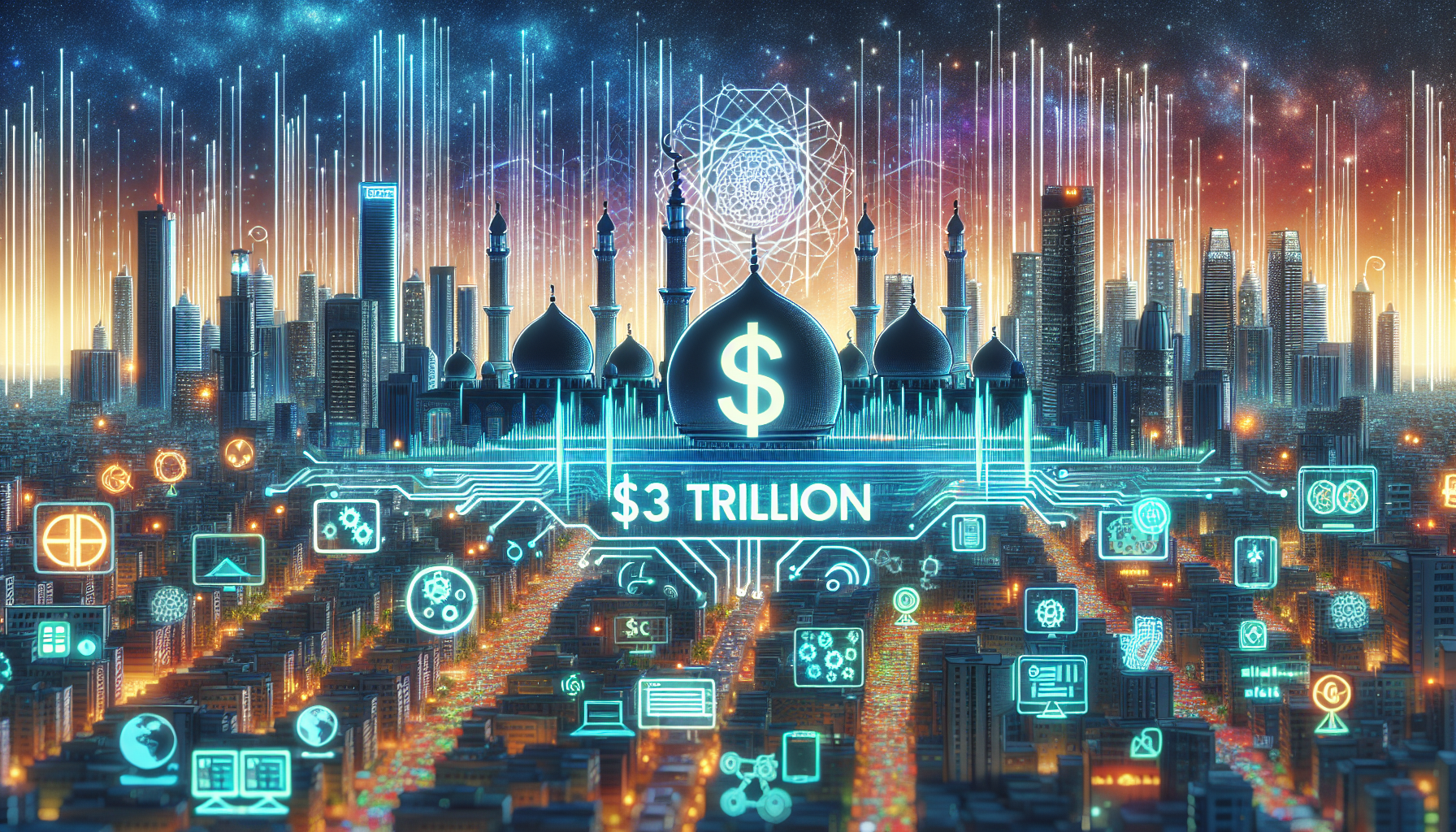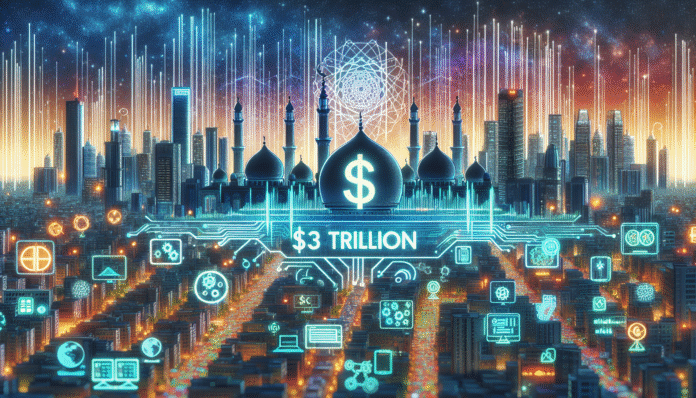In recent years, the global fintech revolution has dramatically reshaped financial services. Yet, one of the fastest-growing and most promising niches within this ecosystem is Islamic fintech—a sector driven by Shariah-compliant financial products and services. Valued at over $3 trillion globally, the halal economy is booming, and the Middle East is emerging as a strategic hub for startups and fintech innovators tapping into this immense opportunity.

Understanding the Halal Economy and Islamic Fintech
The halal economy refers to industries and Globally, the Islamic finance market is estimated to exceed $3 trillion in assets, with the halal economy predicted to surpass $4 trillion by 2025. Key drivers behind this growth include:
- A youthful, tech-savvy Muslim population: Nearly 1.9 billion Muslims globally, many under 30, are eager for accessible, modern financial solutions that respect their values.
- Rising demand for ethical finance: Beyond Muslim consumers, ethical and responsible finance is gaining traction worldwide, opening up the halal market to broader audiences.
- Digital transformation: Fintech lowers barriers to financial inclusion, making halal financial products available to the underserved and unbanked populations.
Middle East: The Emerging Epicenter for Halal Innovation
The Middle East, home to the world’s largest concentration of Muslims and several Islamic finance powerhouses, is perfectly positioned to lead the halal fintech wave. Countries like the UAE, Saudi Arabia, Bahrain, and Malaysia have laid the groundwork through regulatory reforms, fintech-friendly policies, and robust Islamic banking sectors.
- Dubai: Positioned as a global fintech hub, Dubai hosts dedicated accelerators and innovation labs focusing on Islamic fintech. The Dubai International Financial Centre (DIFC) actively supports startups in this space.
- Saudi Arabia: With Vision 2030 driving economic diversification, Saudi Arabia is investing heavily in fintech infrastructure and Islamic finance modernization.
- Bahrain: Known for its pioneering regulatory sandbox for fintech, Bahrain facilitates the growth of Shariah-compliant digital financial services.
Halal Startups Making Waves
Innovative startups are seizing the opportunity by launching platforms that provide everything from halal digital banking and microfinance to Shariah-compliant investment and crowdfunding:
- Wahed Invest: A US-based halal robo-advisor platform expanding into Middle East markets, democratizing halal investing with automated portfolios.
- Fasset: A UAE-based platform offering Shariah-compliant asset tokenization using blockchain, opening new avenues for ethical investments.
- Beehive: A Dubai startup providing Shariah-compliant peer-to-peer lending, empowering SMEs to access capital without compromising religious principles.
These startups not only attract Muslim consumers but also tap into the growing ethical finance movement, gaining global traction.
Challenges and the Road Ahead
Despite the immense promise, halal fintech faces challenges such as:
- Complex Shariah compliance requirements, necessitating close collaboration with scholars.
- The need for harmonized regulations across markets.
- Building trust in digital platforms within traditionally conservative communities.
However, the Middle East’s growing ecosystem of fintech hubs, incubators, and regulatory support is actively addressing these hurdles, paving the way for exponential growth.
Conclusion: A Frontier of Ethical Innovation
Halal startups and Islamic fintech represent more than just a niche market; they symbolize a global movement towards inclusive, ethical, and innovative finance. The Middle East’s strategic investments and startup culture are unlocking a $3 trillion opportunity that blends faith, technology, and finance in unprecedented ways.
For investors, entrepreneurs, and policymakers, this is a frontier ripe with potential—a chance to shape the future of finance in a way that’s both profitable and principled.






